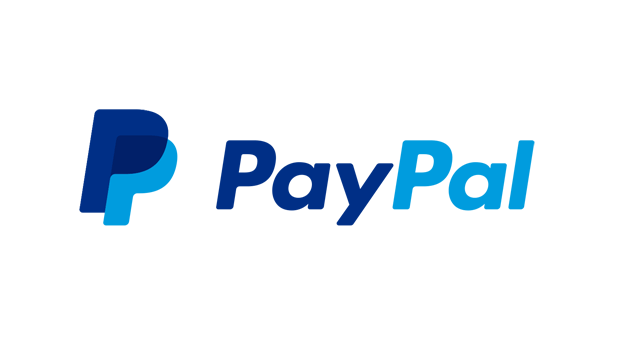Can I use a VPN to access PayPal in Zimbabwe?

Using a VPN to access PayPal in Zimbabwe is a topic that many people consider when facing limitations with the platform. A VPN, or Virtual Private Network, allows users to mask their real location by connecting through servers in other countries. On the surface, this may seem like a simple way to bypass geographical restrictions, but it comes with significant risks when it comes to financial platforms like PayPal.
PayPal has strict policies regarding account residency and location. These policies are in place to comply with international banking regulations and to prevent fraud. If a user attempts to hide their true location using a VPN, PayPal’s security systems are likely to detect it. Accounts that exhibit suspicious activity, such as frequent location changes, can be temporarily or permanently restricted.
Even if the VPN successfully hides your IP address, PayPal may require verification steps that a VPN cannot bypass. This includes confirming identity through local banking information, government-issued IDs, or phone verification linked to the account’s registered country. Without these verification steps, a PayPal account may not function properly.
For Zimbabweans, it is possible to open a PayPal account using the correct country information. However, the functionality of these accounts is limited compared to fully supported countries. Zimbabwean accounts may be able to make online payments but often cannot receive international payments or withdraw funds to local bank accounts. This limitation is a direct result of regional restrictions enforced by PayPal.
Using a VPN to circumvent these restrictions is not recommended. Doing so violates PayPal’s user agreement and could result in permanent account suspension. The risk outweighs the potential benefit, as accessing PayPal with false location data could prevent legitimate financial transactions and block future account recovery options.
There are legal and safer alternatives for receiving international payments in Zimbabwe. Services like Payoneer and Wise are designed to allow users to receive payments from global clients and withdraw them locally. These platforms provide solutions without violating terms of service or risking account suspension.
For those who only need to make online payments, using a PayPal account registered in Zimbabwe is generally sufficient. Payments for goods or services on supported websites can be completed without issues. No VPN is required for these transactions, making it the safest approach.
If receiving international payments is a priority, Zimbabweans can explore options like opening accounts with legal residency in a supported country, using trusted intermediaries, or using global payment platforms designed for cross-border transactions. These methods comply with legal and financial regulations and are less risky than attempting to bypass restrictions with a VPN.
Education on the limitations of PayPal in Zimbabwe is crucial for individuals and businesses planning to conduct online transactions. Understanding the platform’s restrictions and exploring alternative solutions ensures smoother financial operations and avoids unexpected account restrictions.
In conclusion, while a VPN might appear to offer a workaround for accessing full PayPal functionality in Zimbabwe, it is unsafe and violates PayPal rules. The recommended approach is to use Zimbabwe-registered accounts for payments, rely on legal alternatives for receiving funds, and avoid VPN-based solutions. This ensures account security, compliance with financial regulations, and uninterrupted access to online payment services.






